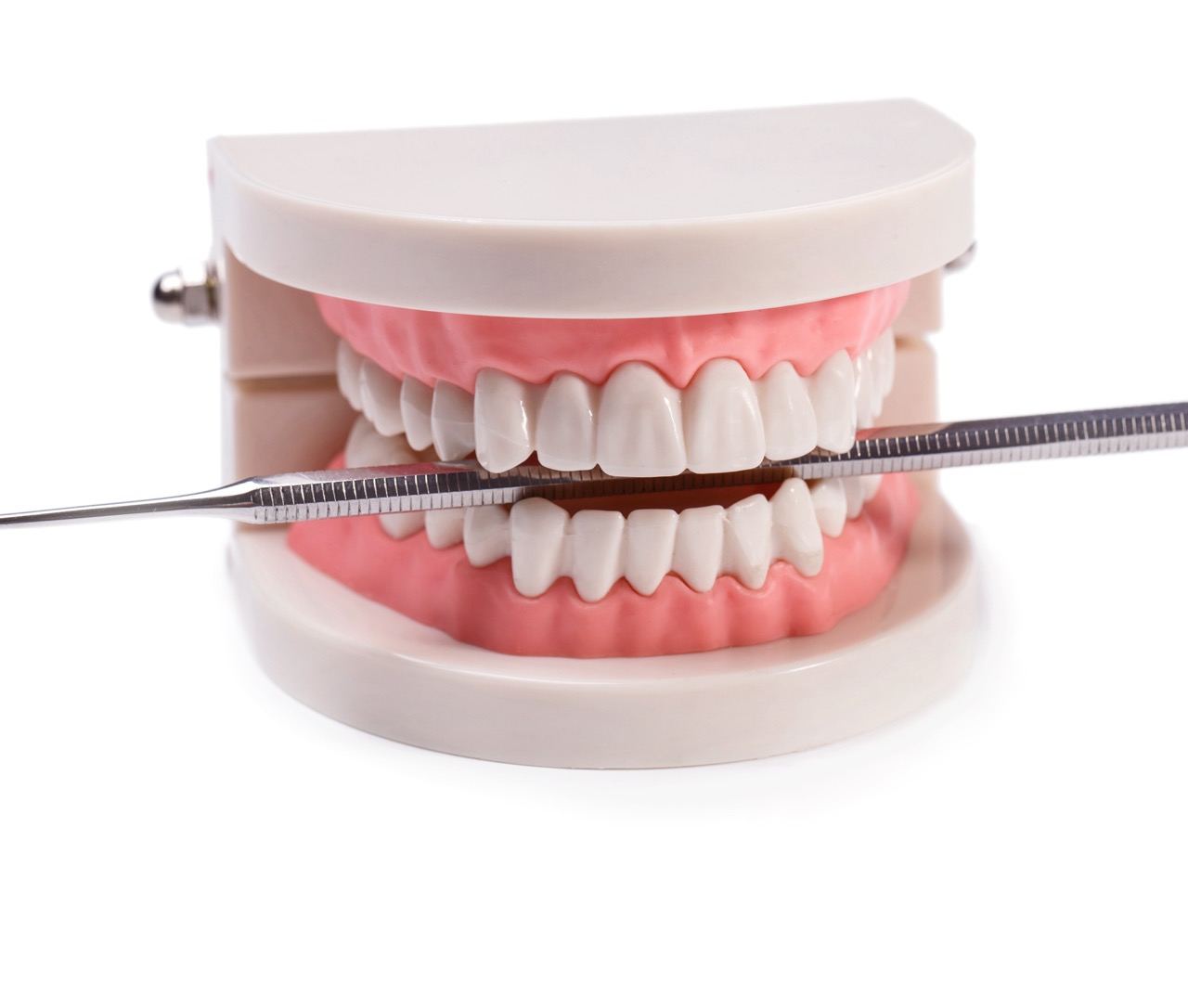
Dentures are artificial teeth that
can be removed to replace missing teeth and gum tissues. They are individually
designed to fit into an individual's mouth and may be complete (all teeth in an
arch) or partial (counting the spaces caused by some lost teeth). Dentures
today are made out of a wide choice of materials, such as acrylic and metal
frames, to create a natural-looking and functional fix to the problem of tooth
loss.
Indications:
● Complete Tooth Loss (Edentulism):
Sometimes a patient has lost all their teeth in one or both jaws; complete
dentures are considered the mainstream and most economical treatment. They
revitalise the capability to chew and articulate and help the muscles of the
face.
● Replacing Several Teeth: Partials
are a great alternative to individuals with missing multiple teeth but cannot
have a bridge placed, whether fixed or implant-supported. They cover the gaps,
and the rest of the teeth cannot shift, so that they can be removed easily, and
it is easy to clean them.
Indications:
● Interim Solution: A temporary
solution that a patient waits to have restored, such as a denture, may be used
as an interim solution awaiting body restoration, such as dental implants. They
enable that person to continue functioning and appearing while healing
following extractions or other procedures.
●
Cost or Medical Limitations: Dentures are an easier choice
regarding economic or health constraints than dental implants or bridges.
Dentures are an alternative to oral surgery, but they do not apply to patients
with health conditions that require oral surgery. With the help of dentures,
their smiles and eating capacities can be restored.
Effects:
● Restoration of Chewing Capacity:
When people have dentures, their ability to chew food is enhanced, which is
crucial to ensure good digestion and nutrition. Though they cannot be as
durable as implants or natural teeth, they help an individual to eat a greater
variety of foods.
● Better Aesthetics and Speech: Loss
of teeth will lead to sagging of the face, and even make the individual look
older compared to before. The lips and cheeks are given support with dentures,
and a younger facial outline is regained. They are also used to remedy speech
impediments from a lack of teeth.
● More Self-Confidence:
Psychologically, enjoying a complete smile is overwhelming. Dentures may make
people feel more secure in society and the workplace, improving their quality
of life.
● Bone and Tissue Preservation: They provide a method of
conserving the jaw's bone mass and structure when teeth are lost, unlike
implants. They will not allow other teeth to drift, and they are also able to
guard the gum tissue beneath.
